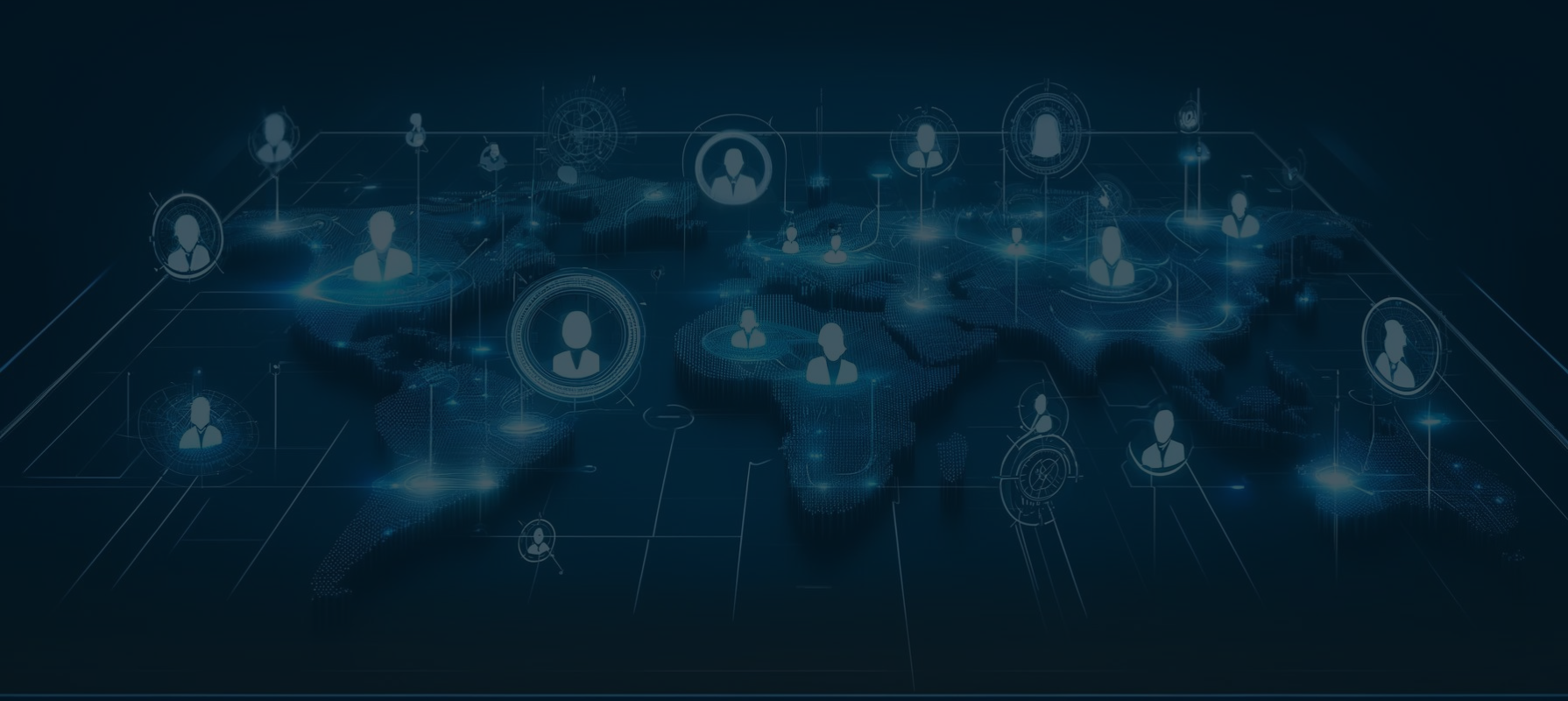As Generation Z (those born between 1997 and 2012) enters the workforce in full force, managers and leaders are faced with the task of adapting their strategies to effectively manage this new generation of employees. Known for their technological savviness, desire for meaningful work, and strong values, Gen Z brings unique challenges and opportunities to the workplace. In this article, we’ll explore the key aspects of managing Gen Z employees, focusing on their workplace expectations and the leadership styles that align with their needs.
Understanding Gen Z Workplace Expectations
Before diving into management strategies, it’s essential to understand who Gen Z is and what sets them apart from previous generations.
Who Is Gen Z?
Gen Z is the first generation to grow up with the internet, social media, and smartphones from a young age. They are digital natives, comfortable with technology and quick to adapt to new digital tools. This generation is also highly educated and socially conscious, with strong values around diversity, equity, and inclusion.
Key Workplace Expectations
Gen Z employees enter the workforce with specific expectations shaped by their upbringing and the social, economic, and technological environment in which they were raised. Here are some of the most critical workplace expectations of Gen Z:
1. Meaningful Work
Gen Z is driven by purpose and wants to work for organizations that align with their values. They seek roles that allow them to make a difference, contribute to society, and feel that their work has a meaningful impact.
2. Work-Life Balance
Unlike previous generations that may have prioritized career advancement over personal life, Gen Z places a high value on work-life balance. They are looking for employers who respect their personal time and offer flexible working arrangements.
3. Opportunities for Growth
Gen Z is ambitious and eager to learn. They expect continuous opportunities for professional development and growth, whether through formal training programs, mentorship, or on-the-job learning.
4. Diversity and Inclusion
Diversity, equity, and inclusion are non-negotiables for Gen Z. They want to work in environments where everyone is treated fairly and where diversity is not just talked about but actively practiced.
5. Technology Integration
As digital natives, Gen Z expects their workplaces to be equipped with the latest technology. They are frustrated by outdated systems and prefer tools that enhance productivity and collaboration.

Leadership Strategies for Managing Gen Z Employees
To effectively manage Gen Z employees, leaders must adapt their strategies to align with these expectations. Here are key leadership approaches that resonate with this generation:
Adopt a Purpose-Driven Leadership Style
Given Gen Z’s desire for meaningful work, leaders must clearly communicate the organization’s mission and values. Purpose-driven leadership, which focuses on inspiring employees by connecting their work to a broader purpose, is particularly effective with Gen Z. By aligning the company’s goals with the values of Gen Z employees, leaders can boost engagement and loyalty.
Foster a Culture of Continuous Learning
Gen Z employees are eager to grow and develop in their careers. Leaders should prioritize creating a culture of continuous learning, offering opportunities for professional development through training programs, workshops, and mentorship. Encouraging employees to pursue new skills and certifications not only meets Gen Z’s expectations but also benefits the organization by building a more skilled workforce.
Provide Flexibility and Work-Life Balance
Recognizing Gen Z’s emphasis on work-life balance, leaders should consider offering flexible work arrangements, such as remote work options and flexible hours. This flexibility demonstrates trust in employees and acknowledges the importance of personal time, which can lead to higher job satisfaction and retention.
Leverage Technology to Enhance Productivity
To meet Gen Z’s technological expectations, leaders should ensure that their organizations are equipped with the latest tools and software. This includes everything from collaboration platforms like Slack or Microsoft Teams to HR tools that streamline processes like performance reviews and employee engagement surveys. Embracing technology not only improves productivity but also positions the company as forward-thinking and innovative.
Champion Diversity, Equity, and Inclusion
Leaders must take an active role in promoting diversity, equity, and inclusion within the workplace. This means not only having policies in place but also leading by example and fostering an inclusive culture where all employees feel valued and respected. Gen Z employees are more likely to stay with organizations that prioritize DEI and create a welcoming environment for everyone.
Encourage Open Communication and Feedback
Gen Z values transparency and expects open communication with their leaders. Encouraging a culture of regular feedback—both giving and receiving—can help build trust and ensure that employees feel heard and valued. Leaders should make an effort to be approachable and provide constructive feedback that helps Gen Z employees grow.
The Importance of Good HR Tools
Managing Gen Z employees effectively also requires the use of modern HR tools that can support the aforementioned strategies. For example, performance management software can help track employee progress, identify areas for development, and facilitate continuous learning. Employee engagement platforms can provide insights into how Gen Z employees are feeling and what can be improved in the workplace. Additionally, tools that support remote work and flexible schedules are essential for meeting Gen Z’s expectations around work-life balance.
HR tools not only make it easier to manage day-to-day tasks but also play a crucial role in creating a positive employee experience, which is particularly important for retaining Gen Z talent.
Recommended Reading: “The Gen Z Effect”
For leaders looking to deepen their understanding of Gen Z, “The Gen Z Effect: The Six Forces Shaping the Future of Business” by Thomas Koulopoulos and Dan Keldsen is a highly recommended read. This book explores the characteristics of Gen Z, the forces that have shaped their worldview, and how organizations can adapt to meet the needs of this new generation. It offers valuable insights into how to lead and manage Gen Z employees effectively.
Conclusion
Managing Gen Z employees requires a thoughtful approach that aligns with their unique workplace expectations. By adopting a purpose-driven leadership style, fostering a culture of continuous learning, providing flexibility, leveraging technology, championing diversity and inclusion, and encouraging open communication, leaders can create a work environment where Gen Z employees thrive. Additionally, utilizing modern HR tools can support these strategies and ensure that the organization is well-equipped to meet the needs of this new generation of workers.
As Gen Z continues to shape the future of work, understanding and responding to their expectations will be key to building a dynamic and successful organization.






Leave a Reply